In This Article Show
Are you experiencing issues with your brake caliper not releasing and would like to know how to fix this issue? You’ve come to the right place.
A car’s braking system is extremely important and requires frequent servicing. You should never drive without your braking system in good condition, as it is crucial to your safety while driving. It would be an unnecessary risk and irresponsible to drive a car with faulty braking.
When an essential component of a car’s braking system, like a caliper, becomes stiff and doesn’t release, it could lead to an accident.
The brake calipers are vital in a car’s braking system as they help grip the brake pads of a car and push them against the rotor, which causes the vehicle to slow down.
Several complications could arise in such a critical system when driving, and one of the most common causes of brake calipers not releasing is a seized caliper.
There are ways to identify when your brake calipers are not releasing, and we will take a quick look at them.
How To Know My Brake Calipers Are Not Releasing
One of the signs you’ll notice when your brake calipers are not releasing is that your car pulls to one side whenever you step on the brakes.
Another sign is that your car keeps slowing down even when you don’t hit the brake pedals. It could also be so bad that the car doesn’t even move when you hit the gas pedal because of how strongly the brake calipers are stuck.
Also, you could hear grinding or squeaking sounds when you’re driving or stepping on the brakes.
Whenever you notice any of these signs, it’s important to check in with a mechanic to diagnose and fix the issue.

Common Causes of A Brake Caliper not releasing
One of the causes of a brake caliper not releasing is when the piston in the caliper is not properly maintained. This is why It’s important to visit the mechanic regularly to service different components of your car. Also, this can happen if they are fixed wrongly during maintenance.
The rapid temperature change when a car accelerates and decelerates while driving can cause the brake calipers to crack and this will cause the brake caliper to seize.
Corrosion of the guide pins which allow the caliper to move freely as the brakes are applied and released can cause the brake calipers not to release.
Another cause of a brake caliper not releasing can be if the caliper housing is not aligned properly. This can be a result of the caliper housing being damaged or when it’s not installed properly.
How To Fix A Breaking Caliper Not Releasing
You can fix this issue by cleaning the piston in the calipers with a brake cleaner and a rag and ensuring nothing is blocking the piston from moving freely.
Another way is to check the caliper guide pins for corrosion. If they are corroded, you need to have them replaced.
Also, examine the caliper housing to see if it’s properly installed or aligned. You should also check for damages on the caliper housing and replace the caliper housing.
However, all this should be done at an automobile repair shop. Visit a mechanic to check your car’s braking system and fix whatever issue the calipers might have.
Frequently Asked Questions
Can a new brake caliper go bad?
Yes. A new brake caliper can go bad after it has been installed if it’s not properly installed or properly aligned. This can cause the calipers to seize.
What can cause my brake calipers to not work correctly?
One of the common causes of brake calipers not working well is poor maintenance of the car’s braking system. This is why it’s essential to take your car for servicing regularly. Another thing that can cause your brake calipers not to work correctly is if the caliper guide pins are corroded or if the calipers aren’t correctly aligned.
What are the symptoms of brake calipers not releasing?
Symptoms can include decreased fuel efficiency, a burning smell or heat coming from the wheels, uneven brake pad wear, and a vehicle pulling to one side while driving or braking.
How often should brake calipers be replaced?
Brake calipers don’t have a specific replacement schedule. They should last as long as the vehicle itself if appropriately maintained. However, they can become stuck or seize over time due to corrosion or wear. Regular maintenance and inspections will help identify any issues early on.
More Reading Recommendation:
- Do Tesla Cars Have Check Engine Lights?
- Can Lexus Cars Be Flat Towed?
- Roaches Getting Into Your Car? (Causes & Simple Fixes)
- Car Jerks When Slowing Down (9 Causes & Simple Fixes
- Roaches Getting Into Your Car? (Causes & Simple Fixes)






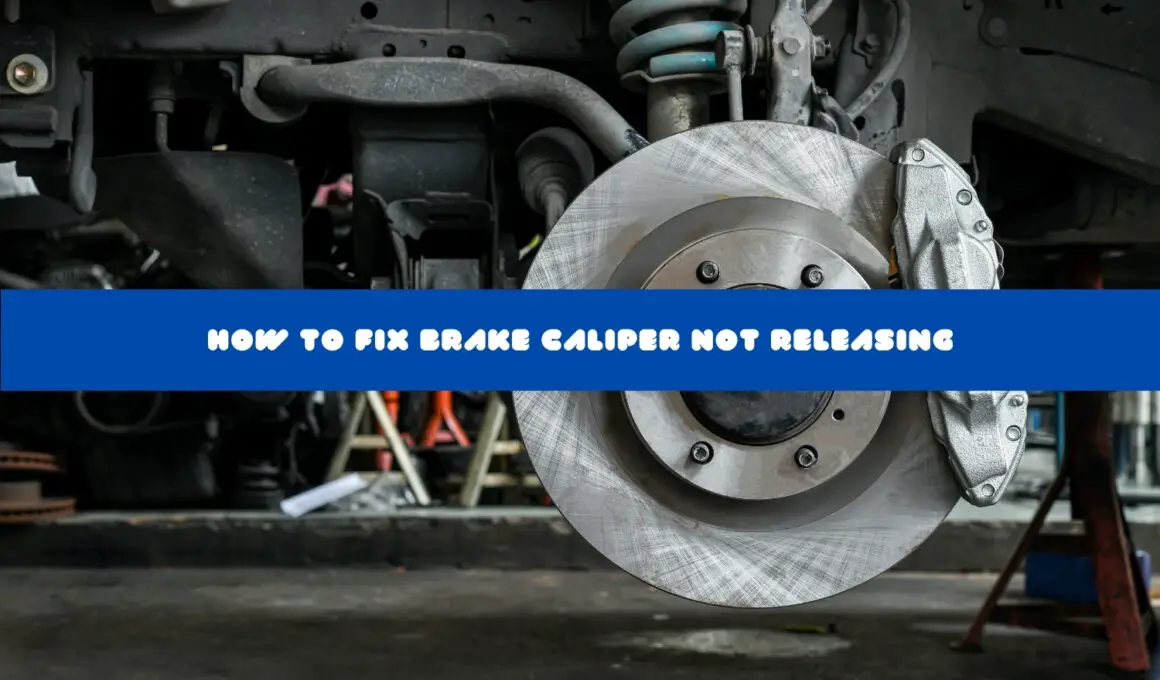
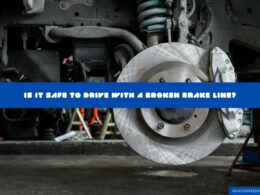
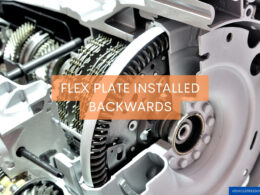
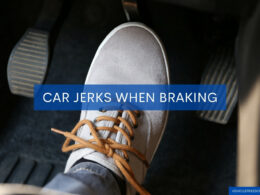
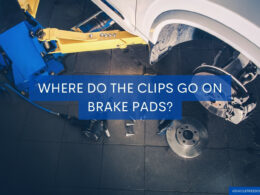
Brake caliper’s may also not release for period of time after applying them if there is a hose not functioning properly. The most common cause being sludge build up inside it. Also, the article saying the caliper’s should last as long as the car itself is inaccurate. You may have to replace your brakes 5 times or more while owning the vehicle depending upon how much city driving/braking you do. If you mainly do highway driving you will find you don’t have to replace as often for you do much less braking on the highway compared to city but the car still should outlast the brakes 10 to 1 unless it is a vehicle with known engine/transmission issues since new. And of course your driving habits will make a difference also.
So true